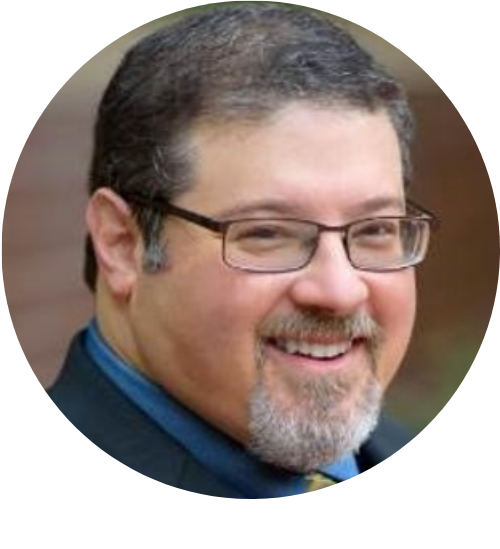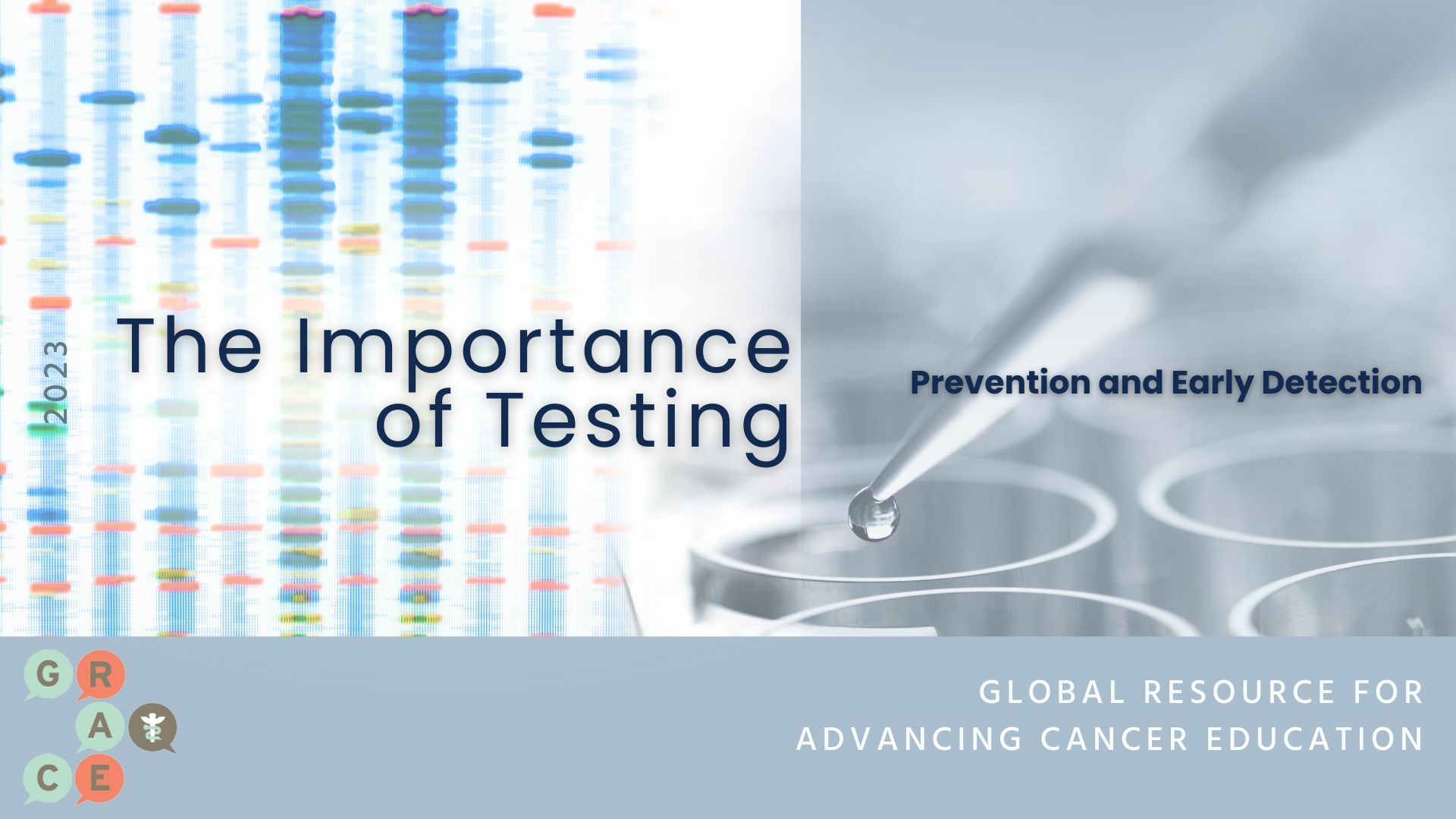Article and Video CATEGORIES
Since the introduction of the epidermal growth factor receptor (EGFR) tyrosine kinase inhibitors (TKIs) for patients with lung cancer, we have seen a subset of patients do remarkably well, with dramatic and long lasting responses. Unfortunately, within a few months of those impressive responses, we learned that people invariably develop acquired resistance to these agents. Over the past period of more than a decade, lab-based scientists, oncologists, and of course patients have been eagerly seeking treatments that can lead to promising responses again in patients who have developed acquired resistance. A couple of new agents show promise that we haven't seen before in this setting, and they are now the subject of emerging clinical trials that show the promise of breaking an impasse that has existed for more than a decade.
The first of the two I'd like to highlight is CO1686, from Clovis. This "third generation" oral irreversible EGFR inhibitor effectively blocks not only activating mutations but the most common mechanism of resistance, the T790M mutation that is detected in about 60% of tumors that demonstrate acquired resistance after a response. It also has the potential advantage of not inhibiting "wild-type" (non-mutated) EGFR at the typical doses used, which means that it doesn't cause the same severity of rash and diarrhea that the EGFR inhibitors we've had available thus far produce.
Though CO1686 is still early in testing, Dr. Jean-Charles Soria recently said that 6 of 9 patients with a T790M mutation-positive cancer demonstrated a significant response at the newly established phase II dose of 900 mg by mouth twice daily, and with no rash. Though still obviously still in early stages of development, the early promise of two-thirds of the patients in the target group responding is leading to multiple new trials, including
- A phase II/III study comparing CO1686 head to head against Tarceva (erlotinib) in newly diagnosed patients with advanced non-small cell lung cancer (NSCLC) that is EGFR mutation-positive
- A phase II trial of Co-1686 in T790M-positive patients after progression on one prior EGFR TKI
- Another phase II trial of T790M-positive patients after progression on >1 EGFR TKI or chemotherapy
- A phase II trial of 2nd line or later CO1686 for patients who have a T790M mutation detected by a serum assay; and
- A phase III randomized trial vs. chemotherapy in second line or later.
Clearly, this reflects a major investment and a lot of optimism in this agent.
A second agent that has shown similar promise is AZD9291, another third generation EGFR inhibitor with essentially the same mechanism of action. Dr. Malcolm Ranson and colleagues reported on results from an 89 patient trial of patients with an activating EGFR mutation and acquired resistance, though this study allowed patients with either a T790M mutation or not. The study included testing of the drug at a wide range of doses, from 20-240 mg/day, with no dose reductions required, and almost exclusively mild (grade 1 of 4) rash and diarrhea seen. What was especially encouraging was that 15 of 35 evaluable patients had a response, including 9 of 18 with a T790M mutation. The follow-up plans for this agent are still being defined, but there is a lot of excitement about this agent as well.
Though we're talking only about a few dozen patients and still learning about these agents, I've never been as optimistic about breaking through the impasse of acquired resistance in EGFR mutation-positive patients. I hope to share more information about these agents and perhaps others very soon.
Please feel free to offer comments and raise questions in our
discussion forums.
Forum Discussions
Hi Blaze,
As much as I hate to say it, Welcome back Blaze. It sounds like you're otherwise feeling good and enjoying life which is a wonderful place to be. ...
Waiting for my appointment with oncologist this morning. Thank you for the response. It helps. <3
It sounds like you’re thinking of this in a very appropriate way. Specifically, it sounds like the growth of the nodule is rather modest, though keep in mind that the change...
Hi and welcome to GRACE. I'm sorry your mom is having this difficulty. An indwelling catheter is used when the pleura space continually fills and the catheter is always there to...




